With energy prices on the rise, there are plenty of ways to protect your period property from heat escaping and causing you significant bill increases. Plus, the additional heating that old buildings can require makes an impact on the environment. Energy use in our homes is the second largest contributor of CO2 in the UK, second only to the transport industry. It's therefore doubly important for us to protect the heat in our homes and not use more than we need.
Here are our suggestions for how to keep your historic home warm this winter – without it costing the world and impact the environment.
If you've just bought a period property, check out our step-by-step guide to restoring a Victorian house.
How to protect heritage properties from increasing energy costs
Get windows double glazed
Double glazing might be a large upfront investment, it will save homeowners money in the long term. By fitting double glazing to windows will save you having to turn the heating on as much – or as high – and will help save you money.
If you live in a listed building or live in a conservation area, you might need to check the restrictions on your property before fitting glazing.
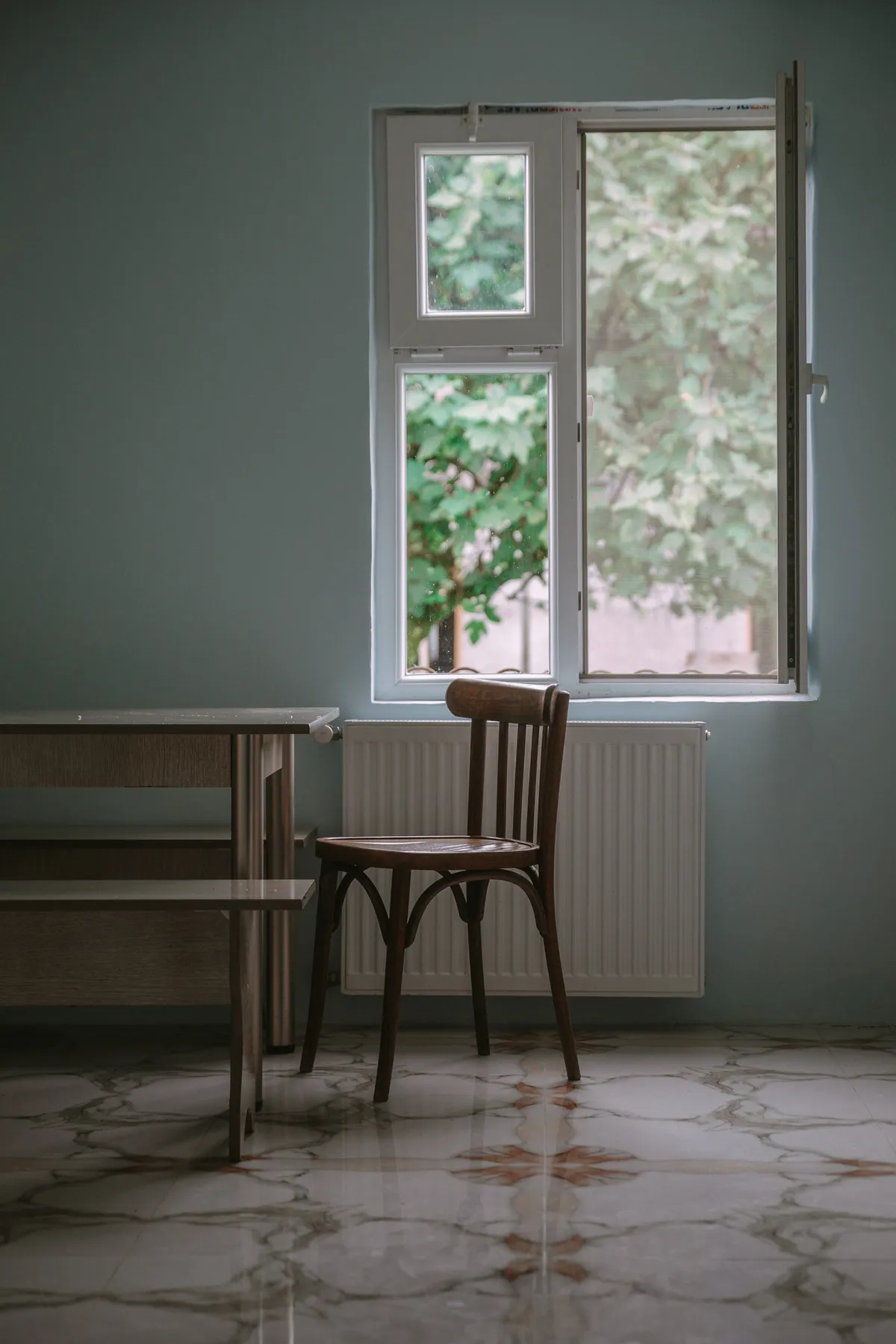
Add draught excluders to chimneys
Many heritage properties will have fireplaces and chimneys and although these can be characterful and provide additional heat through a lit fire, they can also provide an opportunity for warm air to escape up the chimney. Draught excluders are great for preventing this from happening.
A Chimney Sheep chimney draught excluder is said to save consumers 5% on their household energy bills, according to a new study from the University of Liverpool. It's designed to be inserted into an open chimney (and removed if a fire is lit), with a thick layer of felted Herdwick wool blocking 93% of the airflow.
Buy Chimney Sheep draught excluder from Amazon
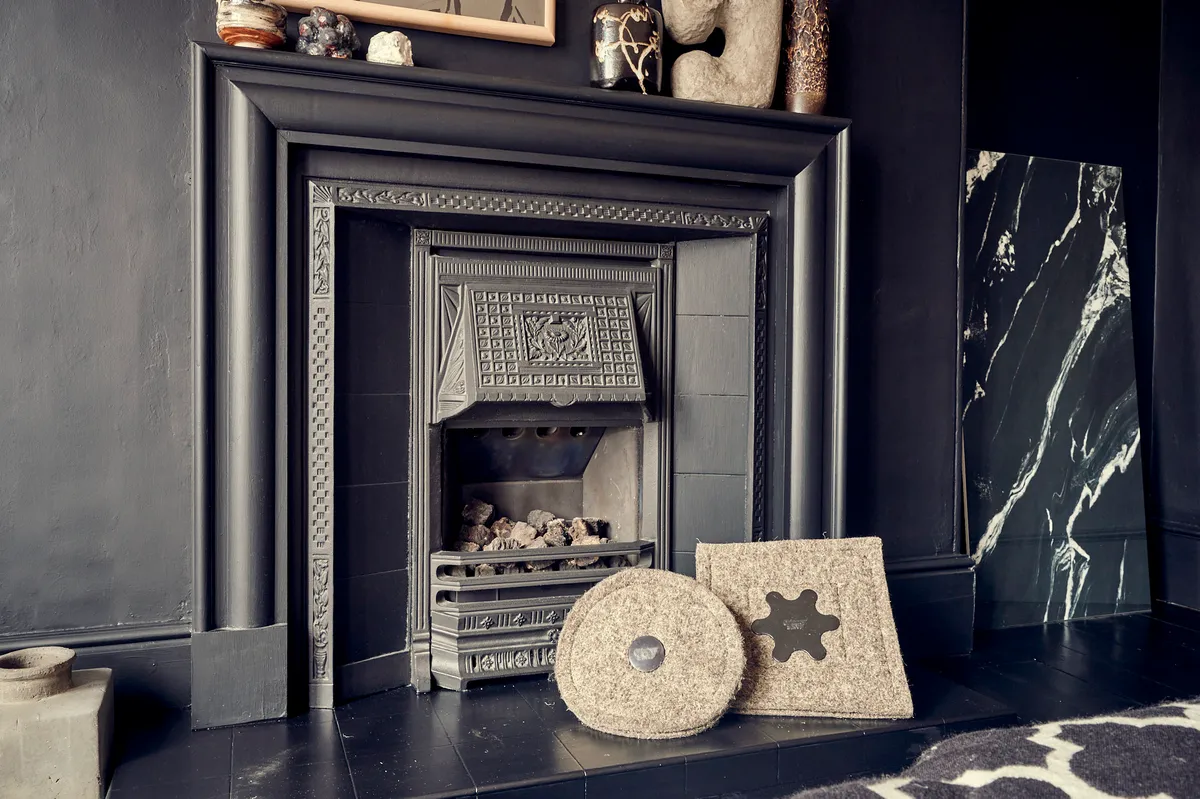
Add draught excluders to doors
In a lot of Victorian properties and older houses, original timber doors may not reach to the floor, with gaps allowing draughts to leak under the doors from room to room. This can be especially annoying if you've turned on electric heaters in one room, only for the heat to escape under the door.
You can buy draught excluders or even make your own, using old fabric and fabric stuffing.
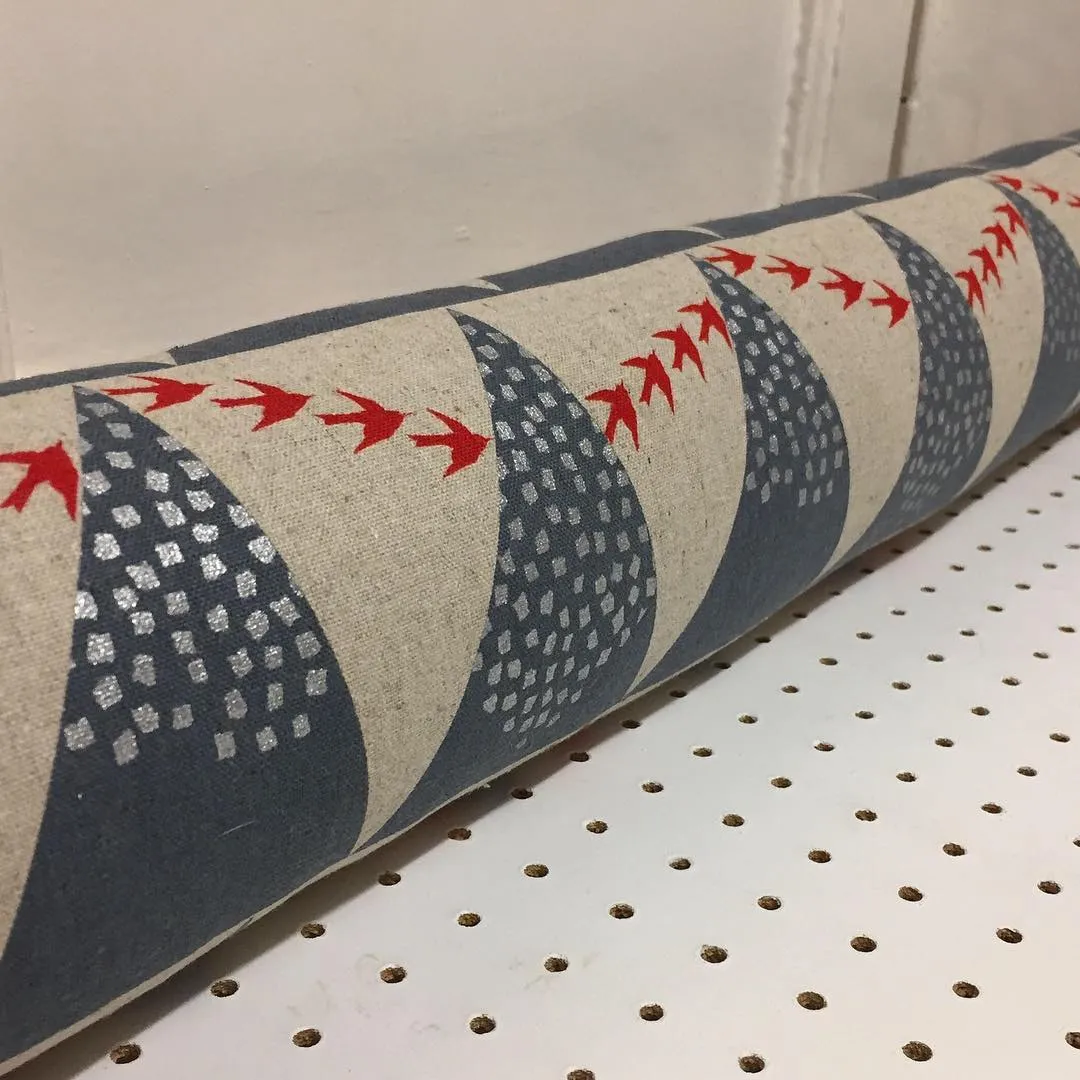
Have a shorter shower
An electric shower is shown to be the greatest cost per week per household in the UK. Use a shower timer to help you save water and money. A four-minute shower is shown to save an average household around £70 a year on energy bills. Every little helps.
Restrict bath usage as well – and definitely recycle bath water where possible. Baths can use significantly more water than a shower.
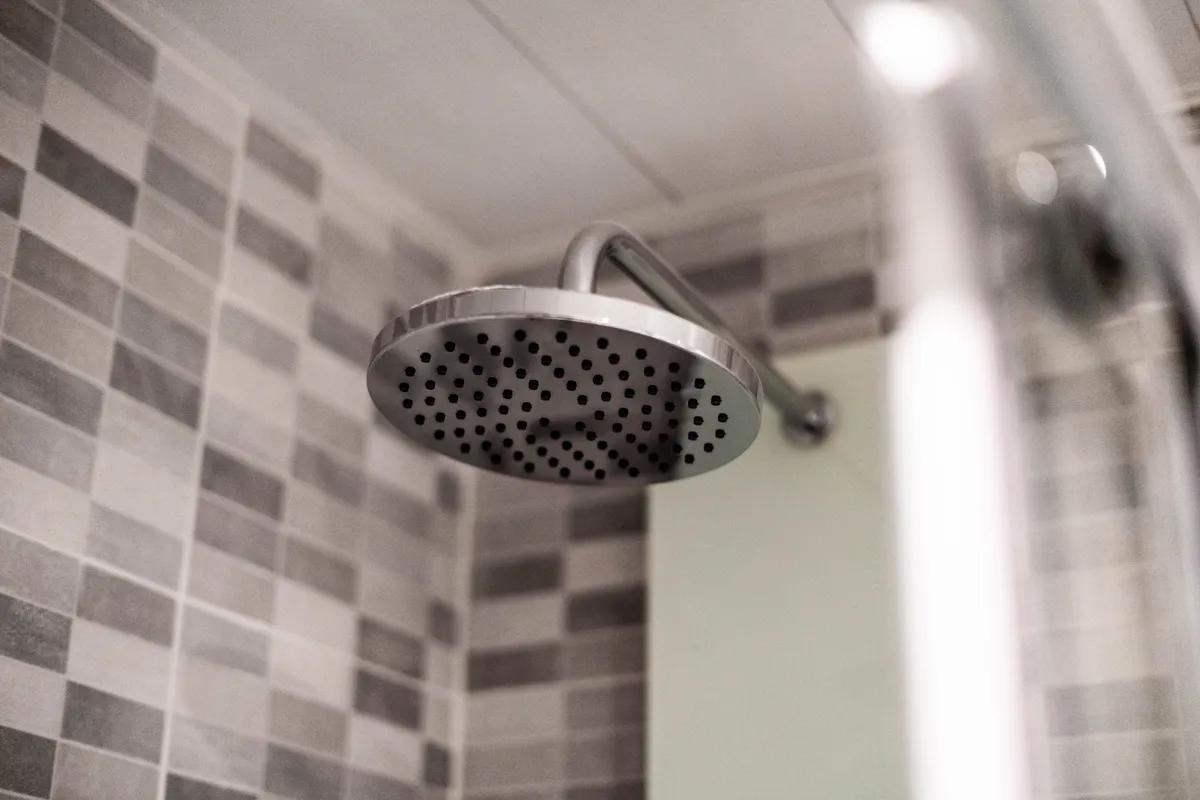
Use the kettle
When you're making a cuppa, use the kettle. It's quicker and more energy efficient to use the kettle to boil water than transferring water to a pan on the hob.
Also, only boil the water you need. Overfilling a kettle means more energy is required to boil the water. Boiling the correct quantity of water in a kettle could save you up to £11 on your electricity bills.
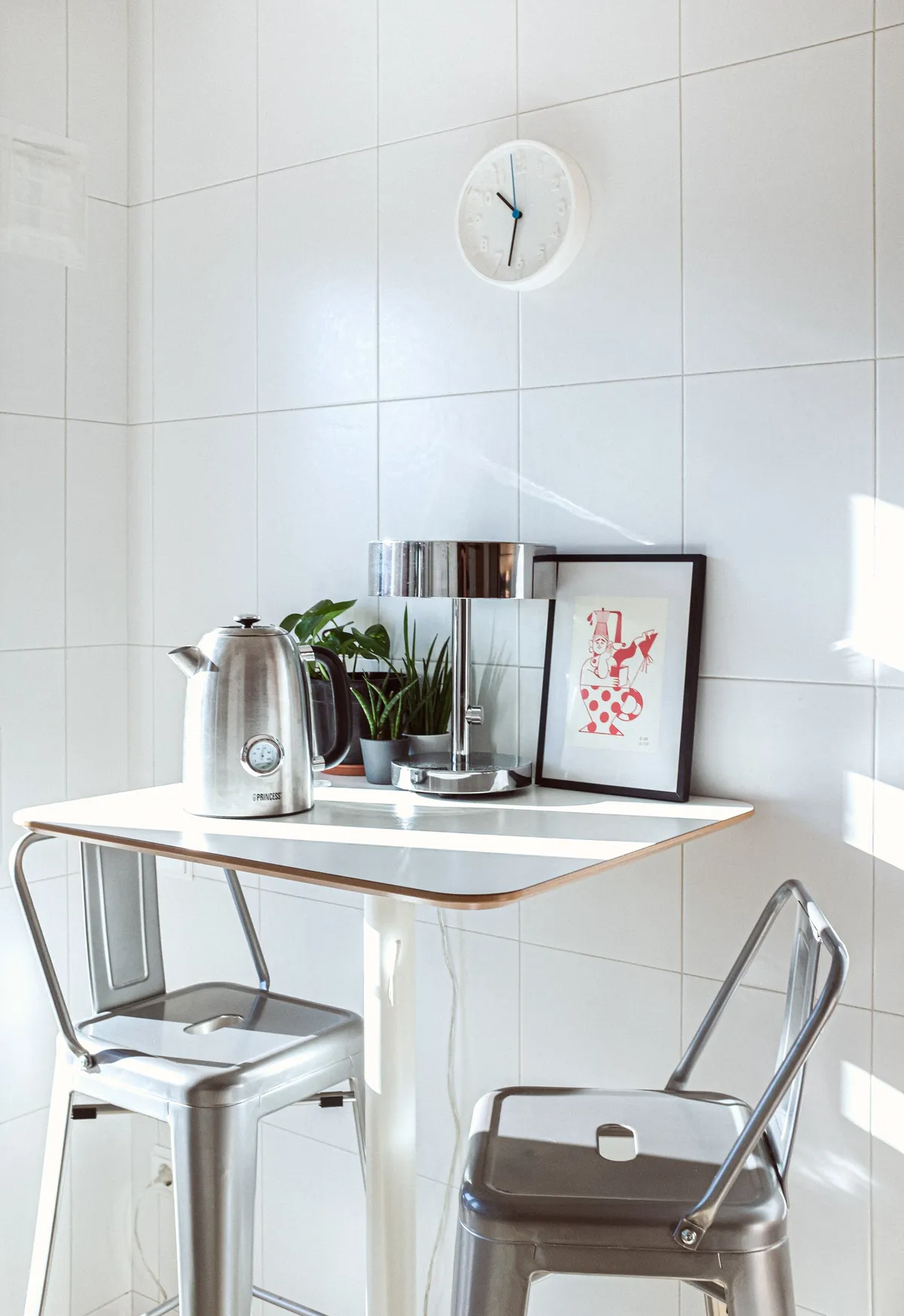
Use flat-bottomed pans on an electric hob
If you have an electric hob, rather than a gas hob, be sure to use flat-bottomed pans. The more contact a pan has with the heating ring, the more evenly the heat will spread through it and the quicker the heating process will be.
Clean your tumble dryer regularly
Free your tumble dryer from fluff. It'll help it run more efficiently and require less energy to run.
Position electric heaters well
If you're using an electric heater, make sure they are placed under windows. It will heat up the cold air that's descending from the window glass and avoids cold draughts running into the room. Make sure that all doors and windows are closed in the room you're trying to heat.
